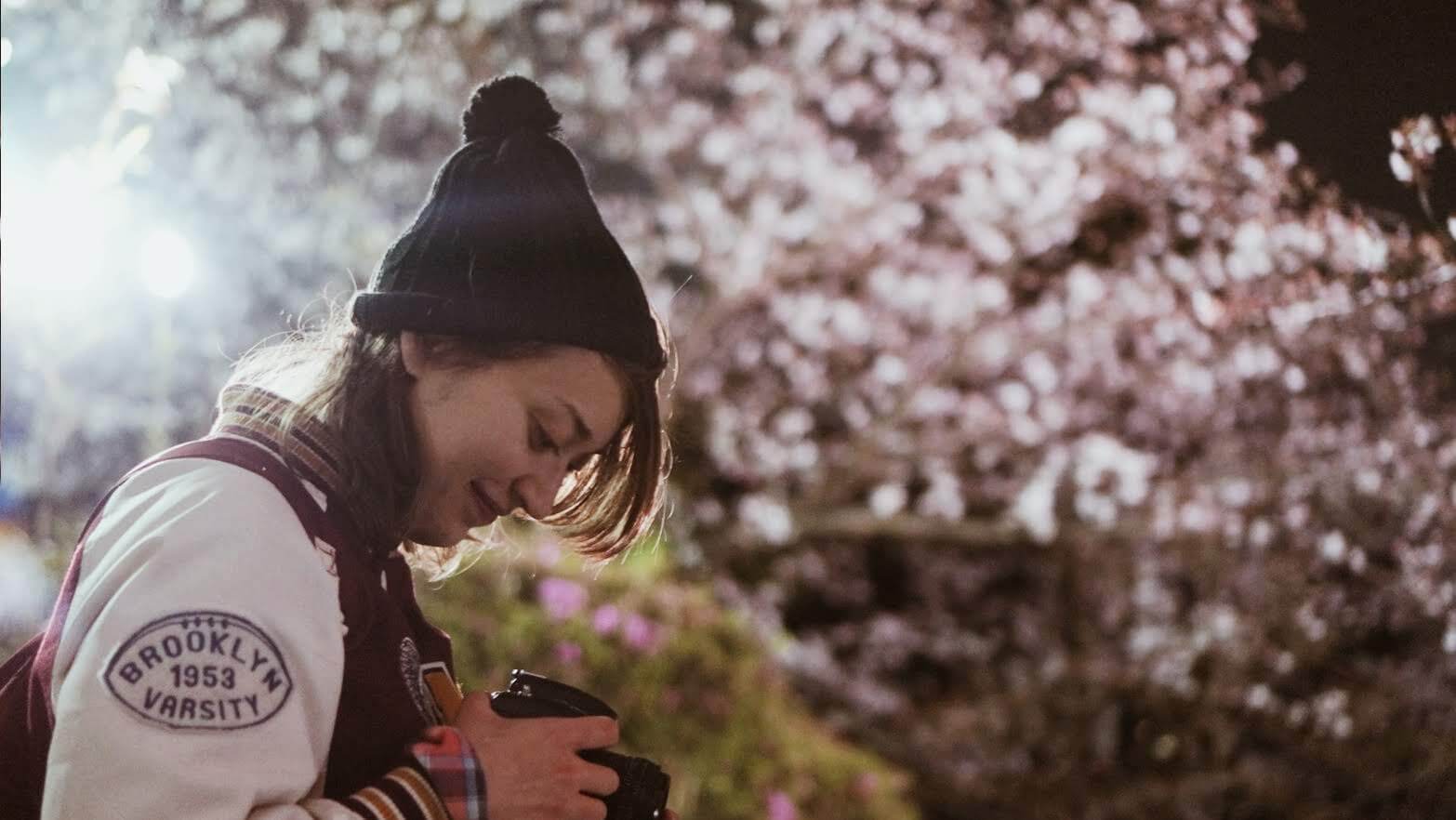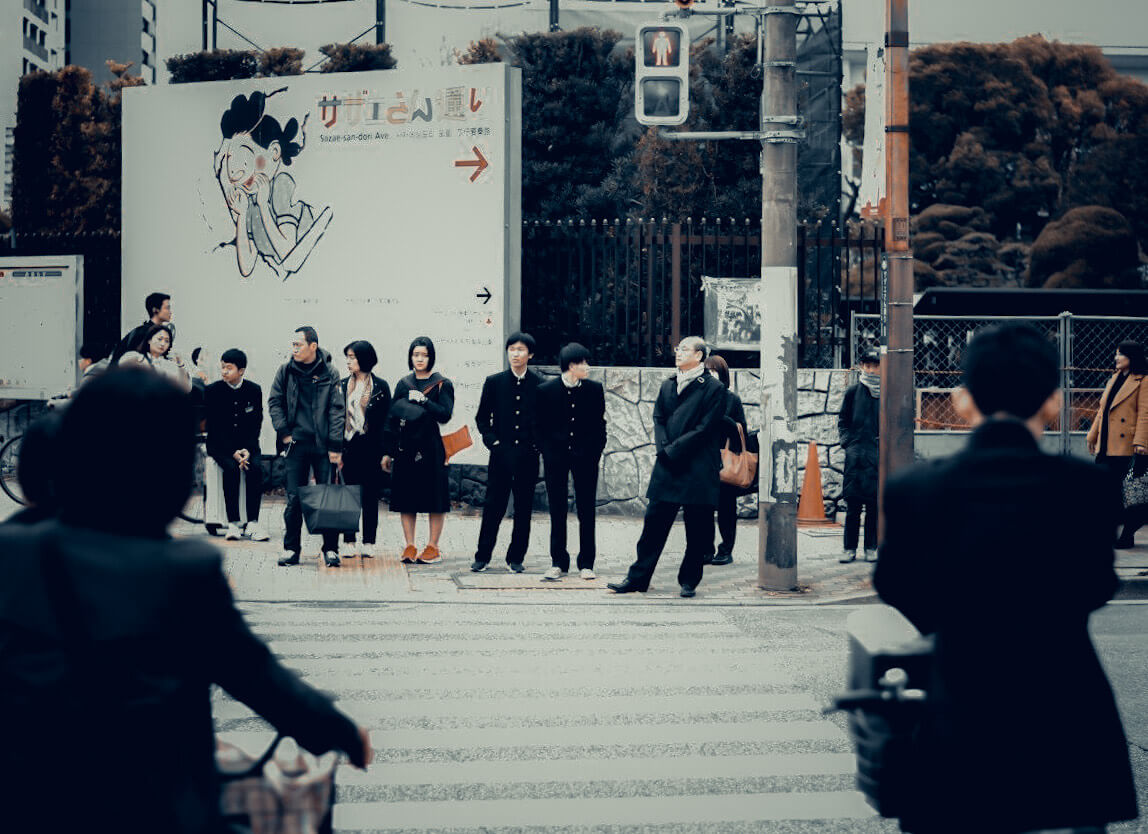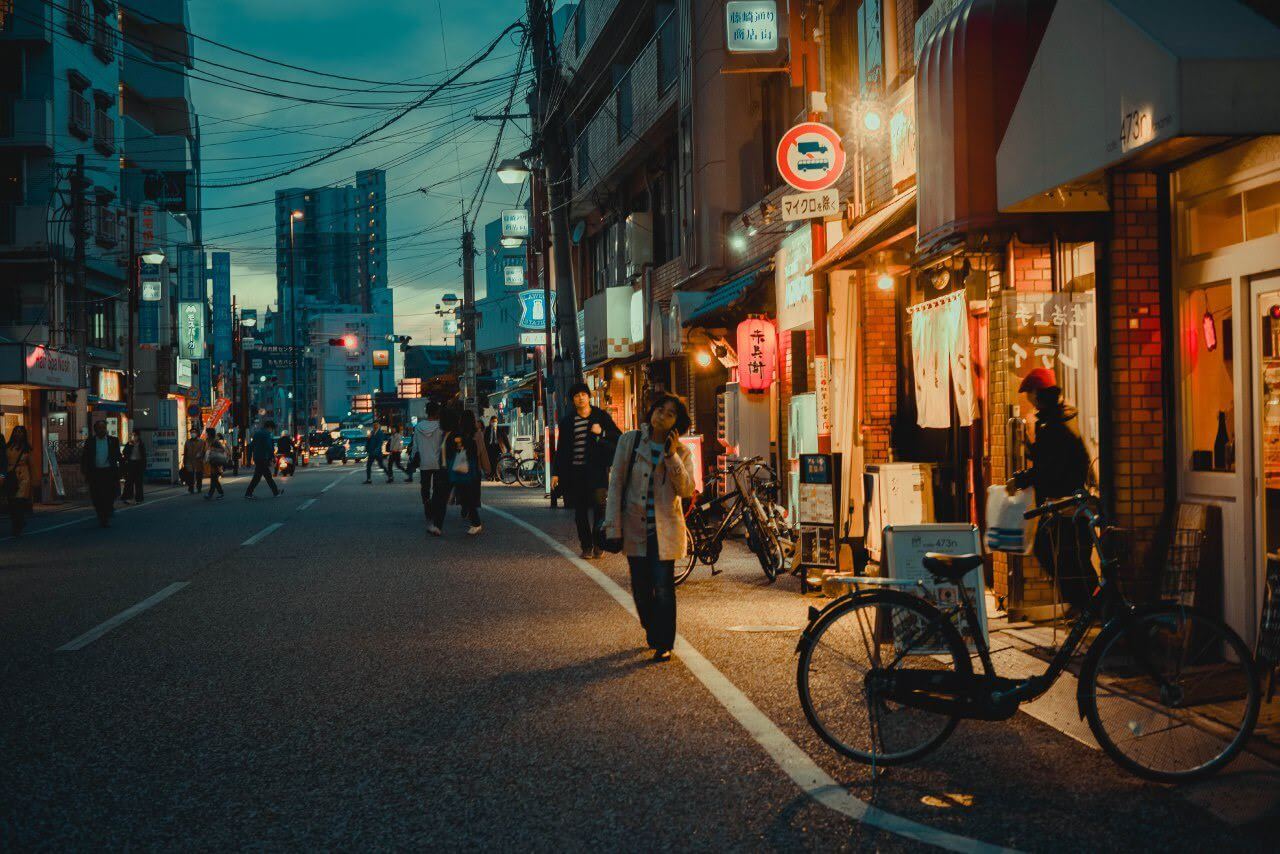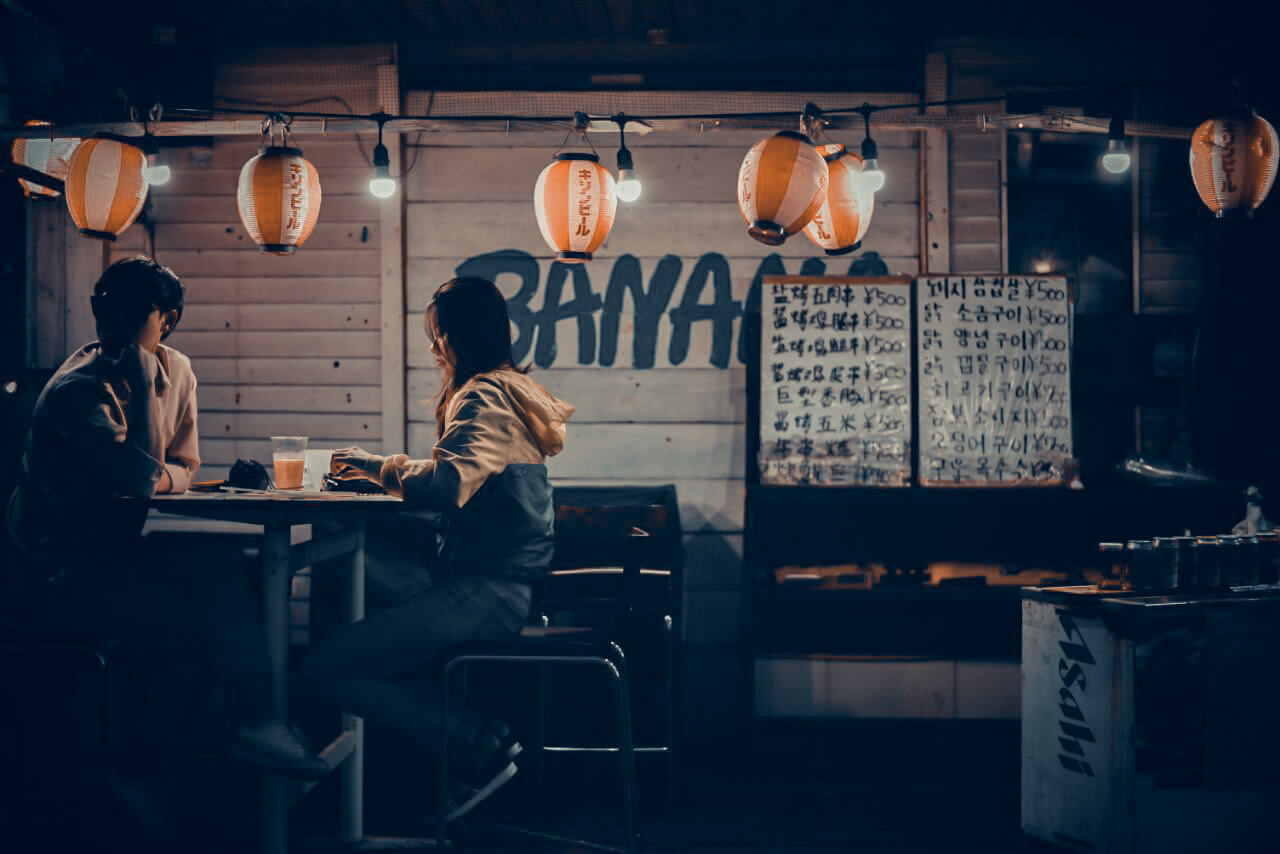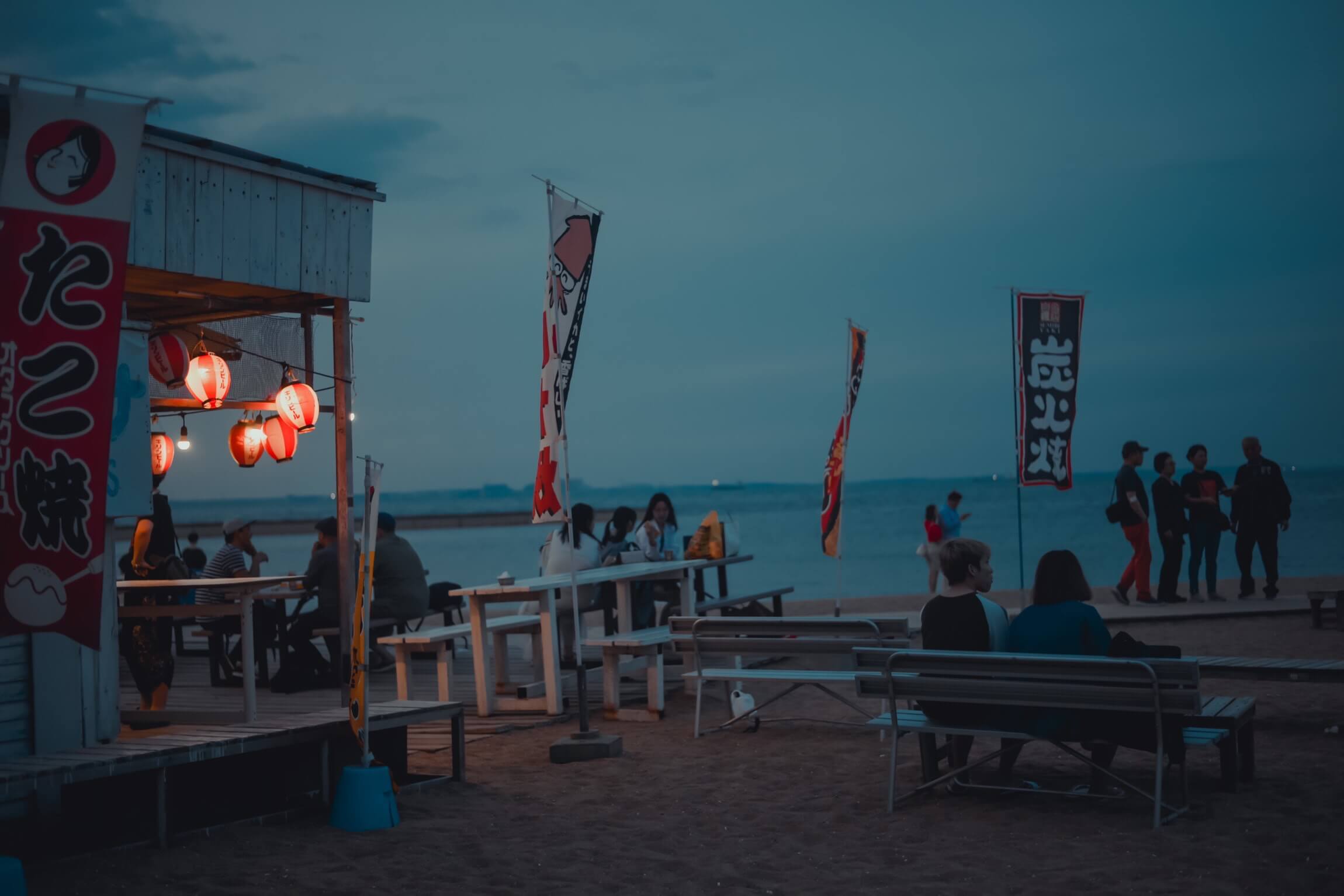A place is never simply “a place”; it is a mix of optical effects and emotions that differ in every single individual that visits it. Many are the forms of art that help humans capture the subjectivity of reality, but photography definitely has that extra bit that allows the viewer to really immerse in the artist’s emotional sphere. To say that is Marianna Berno, a street photographer that explored Japan through the lens of her camera and captured the nostalgic quotidianity of its people. Ready to re-discover Japan through a new and exceptional angle?

